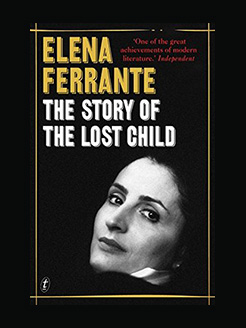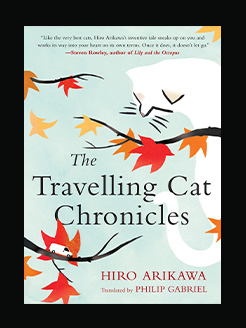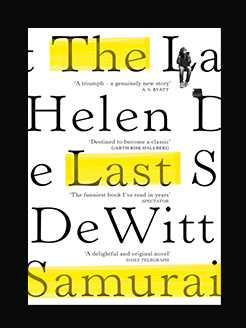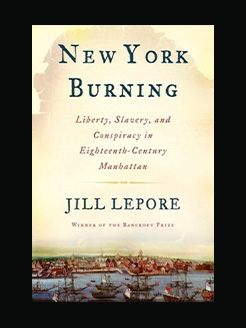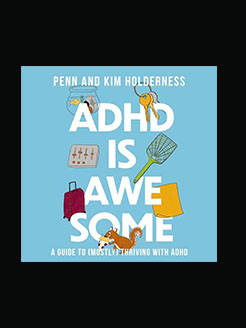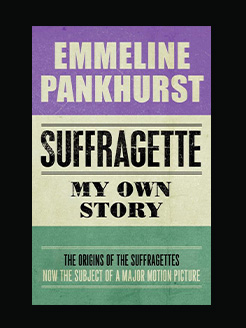Published in 1872
70 pages
35 minutes
Charlotte Perkins Gilman was a prominent American sociologist, novelist, writer of short stories, poetry, and nonfiction, and a lecturer for social reform. She was a utopian feminist during a time when her accomplishments were exceptional for women, and she served as a role model for future generations of feminists because of her unorthodox concepts and lifestyle. Her best remembered work today is her semi-autobiographical short story, “The Yellow Wallpaper”, which she wrote after a severe bout of post-partum depression. She was the daughter of Frederic B. Perkins.
What is this book about?
Best known for the 1892 title story of this collection, a harrowing tale of a woman’s descent into madness, Charlotte Perkins Gilman wrote more than 200 other short stories. Seven of her finest are reprinted here.
Written from a feminist perspective, often focusing on the inferior status accorded to women by society, the tales include “turned,” an ironic story with a startling twist, in which a husband seduces and impregnates a naïve servant; “Cottagette,” concerning the romance of a young artist and a man who’s apparently too good to be true; “Mr. Peebles’ Heart,” a liberating tale of a fiftyish shopkeeper whose sister-in-law, a doctor, persuades him to take a solo trip to Europe, with revivifying results; “The Yellow Wallpaper”; and three other outstanding stories.
These charming tales are not only highly readable and full of humor and invention, but also offer ample food for thought about the social, economic, and personal relationship of men and women — and how they might be improved.
The yellow wallpaper
Three Thanksgivings
The cottagette
Turned
Making a change
If I were a man
Mr. Peebles’ heart.
